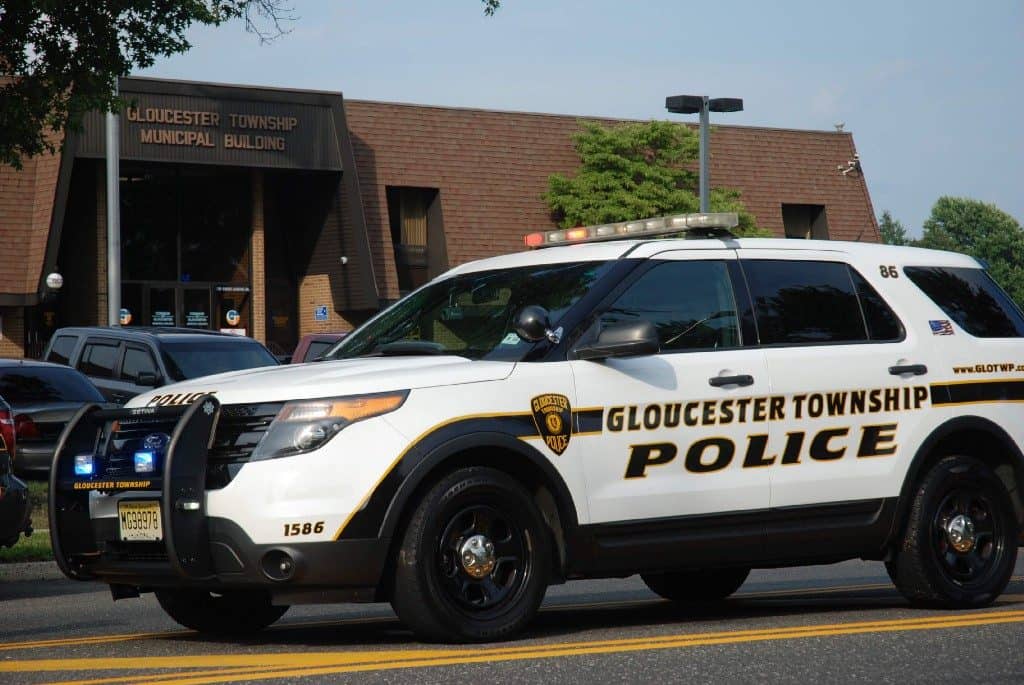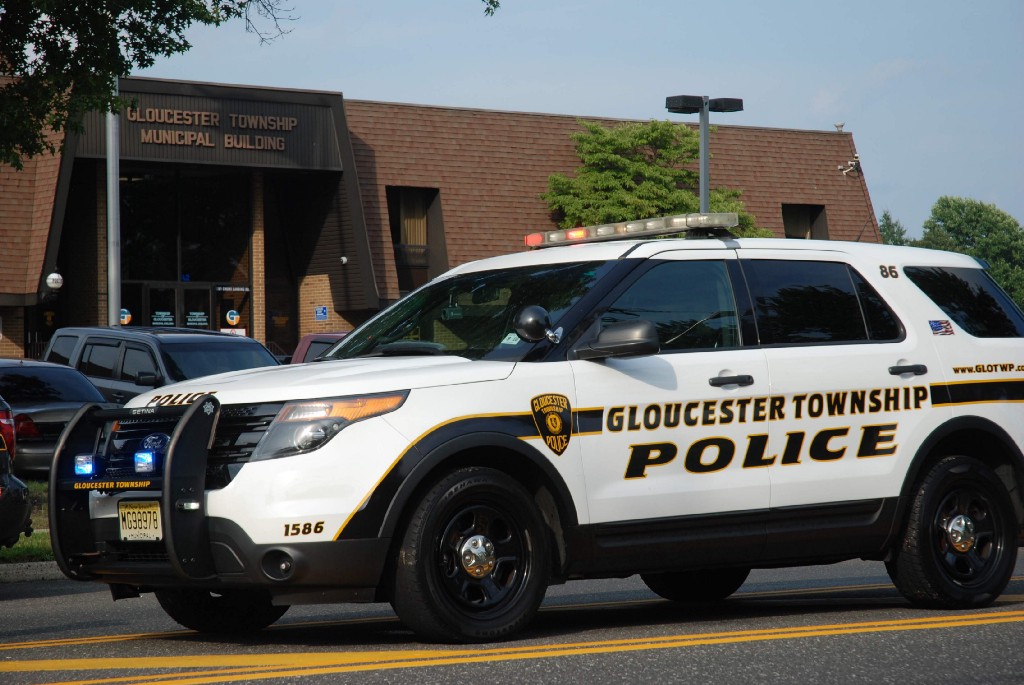
The ‘Cops in Shops’ program has already arrested two individuals this year in Gloucester Township

The Gloucester Township Police Department received a grant for $3,960 earlier this month directed toward assigning police officers to “Cops in Shops” details.
The GTPD has received the grant for a number of years, helping to allow the township to partner with businesses and locations in the township that have liquor licenses. The grant is funded through the National Highway Traffic Safety Administration from the Department of Transportation.
According to the release by the GTPD, “‘Cops in Shops’ is an innovative program that unites law enforcement agencies, beverage alcohol retailers and other community stakeholders in a collaborative effort to prevent illegal underage alcohol purchases and to prevent adults from buying alcohol for minors.”
Those businesses with liquor licenses partner voluntarily with the department to place police officers in stores to watch for either individuals attempting to buy alcohol as a minor or those of legal-age purchasing alcohol to give to a minor.
The GTPD would not specify how many stores in Gloucester Township are partnered with the department, however two individuals have already been arrested this year, according to Investigations Bureau Commander Jason Gittens. Over the course of the past five years, the department has arrested approximately 10 individuals through the “Cops in Shops” program.
Officers use trained techniques to assess and recognize potential illegal activity that can result in a minor getting alcohol. Multiple officers can be placed in or outside the store to work together to survey the location.
“You’re looking for signs where there’s kind of a conversation on the outside, on the inside, and then [officers] can make the approach to talk to people and see if they know each other,” Gittens said.
“You really want the prevention of minors touching any alcohol, especially if they’re going be operating a vehicle,” Gittens said. “We want to make sure we’re doing our proactive part and make sure they’re not breaking the law. And that goes for adults as well, we don’t want them making it available to a minor.”
According to Gittens, punishment by law for an adult buying alcohol for a minor is a disorderly persons offense and punishable up to six months in jail and a $1,000 fine. A juvenile found attempting to purchase alcohol can receive a $500 fine and suspension of their drivers license up to six months. Meanwhile, businesses found serving alcohol to minors can have their alcohol license revoked, along with fines.
According to a study conducted by the Centers for Disease Control and Prevention on underage drinking, an estimated 30 percent of high school students regularly drink alcohol. Minors will drink more alcohol, on average, per sitting than an adult will. Additionally, minors are more likely to drink alcohol than smoke cigarettes or marijuana.
“Cops in Shops” was launched in 1992 in Eugene, Ore., having since been implemented across the United States in varying capacities. According to the program’s website at Responsibility.org, “this enforcement program promotes community collaboration, responsible retailing, and comprehensive enforcement.”
The program is designed to take place at either “off-premise” establishments, such as liquor stores, or “on-premise” locations, such as restaurants and bars. It seeks to promote collaboration across all levels of the community to focus on and discuss the risk involved when buying alcohol for minors, not just criminally, but also with regard to mental and physical health as well as student lifestyle.









